Best movies like Shanghai Story
A unique, carefully handpicked, selection of the best movies like Shanghai Story Starring Joey Wong, Feng Yuanzheng, Josephine Koo, Zheng Zhenyao, and more. If you liked Shanghai Story then you may also like: Youth, Red Amnesia, Round Eyes In The Middle Kingdom, The Blue Kite, In the Heat of the Sun and many more popular movies featured on this list. You can further filter the list even more or get a random selection from the list of similar movies, to make your selection even easier.
The film follows the rise and fall of a family in Shanghai. Once wealthy and capitalist, the family unraveled during the Cultural Revolution in the 1960s and 1970s. Their home, once a French concession mansion, was converted into a multi-family dwelling.
You may filter the list of movies on this page for a more refined, personalized selection of movies.
Still not sure what to watch click the recommend buttun below to get a movie recommendation selected from all the movies on this list
Red Amnesia
A retired widow has her daily routine derailed when she starts receiving mysterious, anonymous phone calls.
Round Eyes In The Middle Kingdom
Filmmaker Ronald Levaco, journeys back to China, the nation of his boyhood days, to discover what became of an old friend of his family, Israel Epstein.
The Blue Kite
The lives of a Beijing family throughout the 1950s and 1960s, as they experience the impact of the Hundred Flowers Campaign, the Great Leap Forward, and the Cultural Revolution.
In the Heat of the Sun
The film is set in Beijing during the Cultural Revolution. It is told from the perspective of Ma Xiaojun nicknamed Monkey, a teenage boy. Monkey and his friends are free to roam the streets of Beijing day and night because the Cultural Revolution has caused their parents and most adults to be either busy or away. The story revolves around Monkey's dalliances with his roguish male friends and his subsequent angst-filled crush with Mi Lan.
To Live
Fugui and Jiazhen endure tumultuous events in China as their personal fortunes move from wealthy landownership to peasantry. Addicted to gambling, Fugui loses everything. In the years that follow he is pressed into both the nationalist and communist armies, while Jiazhen is forced into menial work.
The East Is Red
Pre-Cultural Revolution propaganda at its most lavish, this model opera depicts the history and evolution of the Communist Party of China under Mao Zedong from its founding in July 1921 to the establishment of "New China" in 1949. Detailed in the musical are several key events in CPC history such as the Northern Expedition, the KMT-led Shanghai massacre of 1927, the Nanchang Uprising and formation of the People's Liberation Army, the Long March and the founding of the PRC on October 1, 1949.
Everlasting Regret
A person's life is destined to be shorter than that of a city. Having spent her whole life in Shanghai, Qiyao has her moments of prosperity and her fair share of loneliness. She finally fades and disappears but Shanghai remains a metropolitan city. Shanghai in the 1930s is glamorous and seductive.
The Five Heartbeats
In the early 1960s, a quintet of hopeful, young African-American men form an amateur vocal group called The Five Heartbeats. After an initially rocky start, the group improves, turns pro, and rises to become a top flight music sensation. Along the way, however, the guys learn many hard lessons about the reality of the music industry.
Xiu Xiu: The Sent-Down Girl
Young teen girl Xiu Xiu is sent away to a remote corner of the Sichuan steppes for manual labor in 1975 (sending young people to there was a part of Cultural Revolution in China). A year later, she agrees to go to even more remote spot with a Tibetan saddle tramp Lao Jin to learn horse herding.
The Herdsman
In 1980, Xu Jingshan, a wealthy Chinese-American businessman returns to China to find his son, Xu Lingjun, whom he had abandoned over 30 years earlier. Labeled a rightist because of his capitalist father, Lingjun has been forced to live as a humble herdsman on the grasslands. His bitter life has been transformed by a happy marriage to the wise and beautiful Xiuzhi, and more recently by his rehabilitation by the Party. When he goes to Beijing for their reunion, he discovers his father wants him to work for his chemical company in San Francisco. Lingjun tells the story of his life to his father, as he ponders his future.
I Wish I Knew
Focuses on the people, their stories and architecture spanning from the mid-1800s, when Shanghai was opened as a trading port, to the present day.
Lord of Shanghai
A lowly brothel maid captures the attention of Shanghai triad leaders, pulling her into a brutal war where she learns to rise above the odds in order to survive.
Manufactured Landscapes
MANUFACTURED LANDSCAPES is the striking new documentary on the world and work of renowned artist Edward Burtynsky. Internationally acclaimed for his large-scale photographs of “manufactured landscapes”—quarries, recycling yards, factories, mines and dams—Burtynsky creates stunningly beautiful art from civilization’s materials and debris.
A Huey P. Newton Story
The story of how the radical Huey P. Newton developed the Black Panther Party based on his 10-point program for social reform.
Cultural Clash
When a Nigerian family with traditional values move to the ghetto from their Roswell Mansion to survive hard times, they soon find out that money is the least of their problems. Cultural Clash is a story that explores how parental disapproval and racial discrimination can change the course of the lives of everyone and bring about a powerful lesson that has never been seen on screen; bridging cultural divides, revealing why minorities hate each other and the harm of being disunited. It is a tale that blends the romance of high school scenarios with a thrilling family conflict, intense racism and the spell-bounding action of the chase of the drug Lord and his gang. In this intriguing and dramatic romance, you will soon find out that everyone can be a little racist to even to their own race.
A Soul Haunted by Painting
At the beginning of the twentieth century, Yu-liang leaves a brothel in a small Chinese town, to become the second wife of Mr. Pan. While Pan is away at the revolution in Yunnan, Yu-liang learns to paint and takes art classes at the Shanghai Art Institute, until it is closed for painting nudes. Because she cannot bear him a son, Yu-liang leaves Pan to his first wife, and studies art in Paris, where she wins an award for a nude self-portrait. She returns to join Pan in Nanking in the 1930's, and becomes a Professor until it is discovered that she came from a brothel. She returns to Paris to live the rest of her life there, and finally gains a major exhibition of her work.
Summer of Soul (...Or, When the Revolution Could Not Be Televised)
During the same summer as Woodstock, over 300,000 people attended the Harlem Cultural Festival, celebrating African American music and culture, and promoting Black pride and unity. The footage from the festival sat in a basement, unseen for over 50 years, keeping this incredible event in America's history lost — until now.
The Sun Also Rises
A polyptych of interconnected stories in different time-zones, shifting between a Yunnan village, a campus, and the Gobi Desert.
Sunflower
Sunflower is the story of the Zhang family in Beijing father, mother and son across three decades, centering on the tensions and misunderstandings between father and son. Nine-year-old Xiangyang is having the time of his life, free of adult supervision until the day he meets the father he can hardly remember. Having spent years away, he returns with strong ideas about his son learning to draw. But Xiangyang chafes under his father's constant rules and soon stages his own revolution against the lessons enforced.
Temptress Moon
Set in the decadent 1920s, Temptress Moon tells the very complicated story of a wealthy family living on the outskirts of Shanghai. Their youngest daughter, Ruyi, is brought up as a servant to her opium-addicted father and brother. Meanwhile, her brother-in-law Zhongliang has a successful, if illegal, career seducing and blackmailing married women in the city. When he comes to Ruyi's home the two fall in love, and trouble ensues.
Traces of a Dragon: Jackie Chan & His Lost Family
A surprising look at the past of movie star Jackie Chan and the difficulties of Chinese families during the Culture Revolution.
Two Stage Sisters
In pre-revolutionary China, two young girls, Chunhua and Yuehong Xing, rise through the ranks of Chinese opera, but with their artistic success comes a new series of personal and social challenges. After they're sold to a Shanghai opera and the revolution dawns, Yuehong radicalizes and devotes her career to politically progressive performances, while Chunhua flees to avoid turmoil. As the world changes around them, they fight to maintain their friendship.
Hibiscus Town
Based on a novel by the same name written by Gu Hua, a melodrama about the life and travails of a young woman who lives through the turmoil of the Cultural Revolution.
Quant
The incredible life-story of fashion icon, style guru and one of the most influential designers of the 20th century, Dame Mary Quant. One of Britain’s most renowned cultural figures, Quant was at the vanguard of the stylistic revolution of the 60s and 70s, leading the charge away from convention and conservatism through the championing of ground-breaking designs including the miniskirt and hot pants, plus an ingeniously creative partnership with hair stylist, Vidal Sassoon.
A Family Secret
A woman learns secrets about her family while attending the funeral of her father.
The Broken Chain
The true story of Iroquois warrior Thayendanegea participating in the French and Indian War and the American Revolutionary War.
John Denver: Country Boy
This BBC documentary chronicles the life of folk/soft-rock singer John Denver through his rise with The Chad Mitchell Trio and Peter, Paul and Mary, his subsequent stardom, his popularity decline, and his tragic death at age 53.
Morning Sun
The film Morning Sun attempts in the space of a two-hour documentary film to create an inner history of the Great Proletarian Cultural Revolution (c.1964-1976). It provides a multi-perspective view of a tumultuous period as seen through the eyes—and reflected in the hearts and minds—of members of the high-school generation that was born around the time of the founding of the People’s Republic of China in 1949, and that came of age in the 1960s. Others join them in creating in the film’s conversation about the period and the psycho-emotional topography of high-Maoist China, as well as the enduring legacy of that period.
Smothered: The Censorship Struggles of the Smothers Brothers Comedy Hour
The history of the irreverent "The Smothers Brothers Comedy Hour" and the content battles it fought with its television network.
Rise of Tokyo in Color
It's a city that transformed itself from a sprawl of wooden dwellings into a huge modern metropolis. Over 150 years, Tokyo has risen from the ashes twice--from an epic earthquake and a devastating series of bombings--rebuilding itself into the world's largest city. Examine the evolution and modernization of Tokyo through digitally remastered and colorized archival footage.
The House That Never Dies
Story based on the legendary mansion at No. 81 on Chaoyangmennei Street in Beijing, which local legend says is haunted by the ghost of a Kuomintang official's wife, who committed suicide in the home around the time of the Cultural Revolution. The film follows Xu Ruoqing a woman whose presence in the notorious mansion draws up the spirits that have taken residence there.
Death Ray on Coral Island
Said to be the first science-fiction film produced in China (and perhaps having its North American theatrical premiere in Future Imperfect?), Death Ray on Coral Island spares no bile, camp, or latent envy in portraying America as the cunning archenemy that will stop at nothing—industrial espionage, assassinations, even ballroom dancing—to steal China’s futuristic weaponry. The film occupies a pivotal moment in China’s modern history, representing a legacy of the Great Cultural Revolution and a harbinger of the nation’s ascension on the global economic stage. Courtesy of the China Film Archive and Shanghai Film Group.
Shanghai Rumba
Wanyu (Yuan Quan) has married into a wealthy family but is irresistibly drawn into the world of the movies and famous actor Ah Chuan.








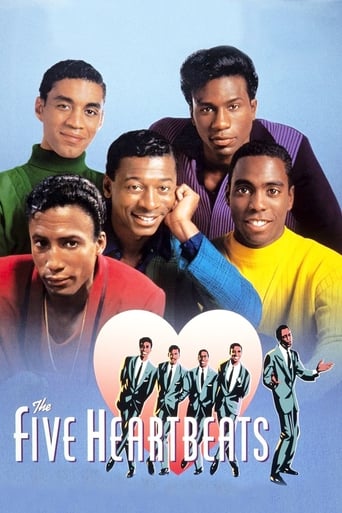
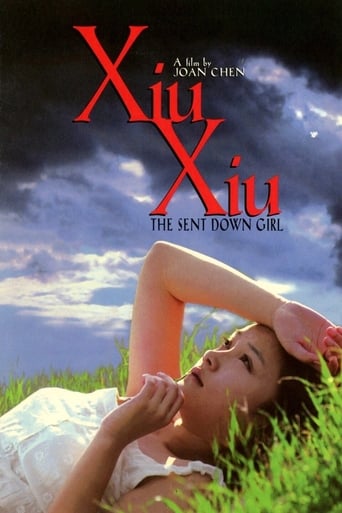




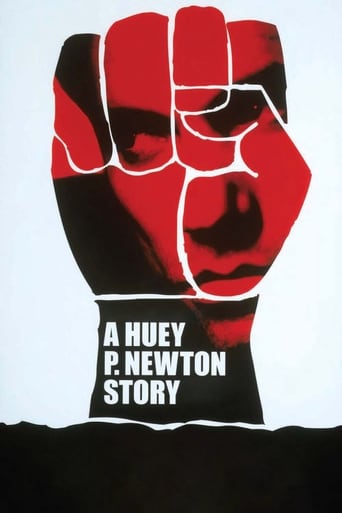










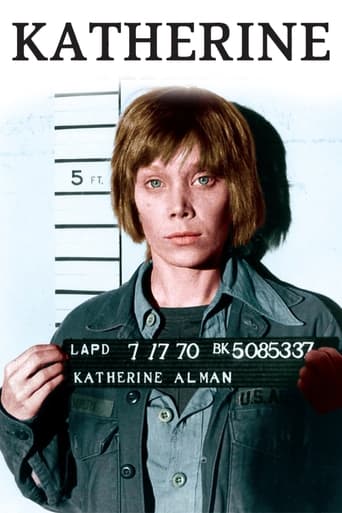


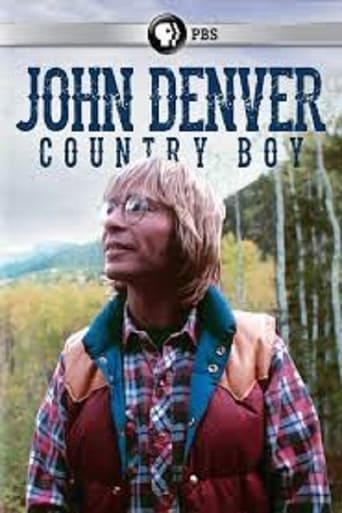






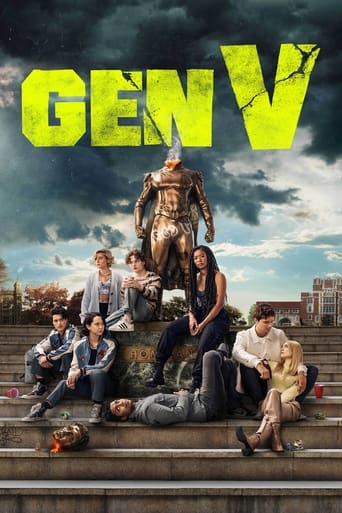
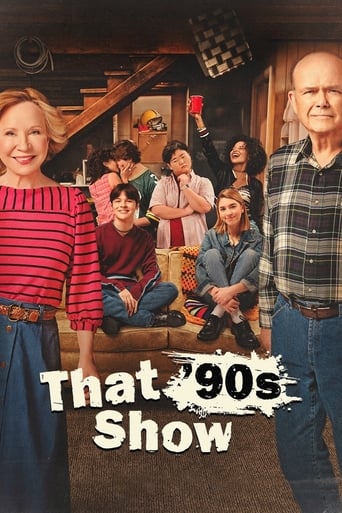
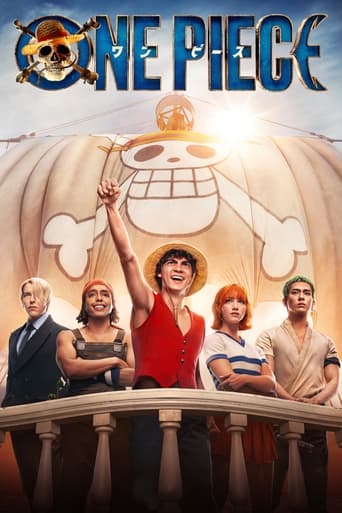
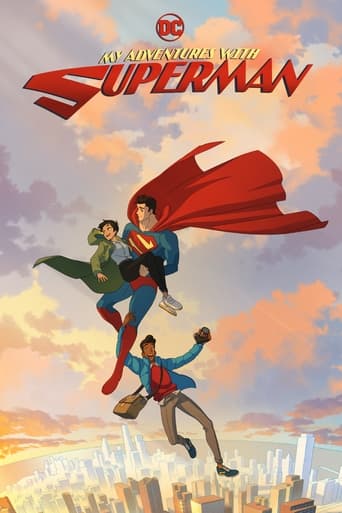
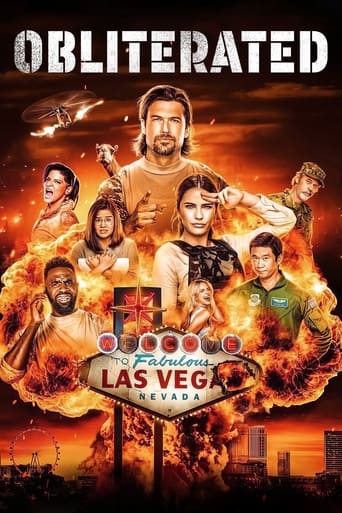
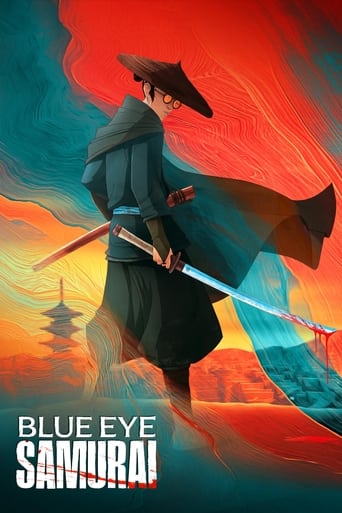
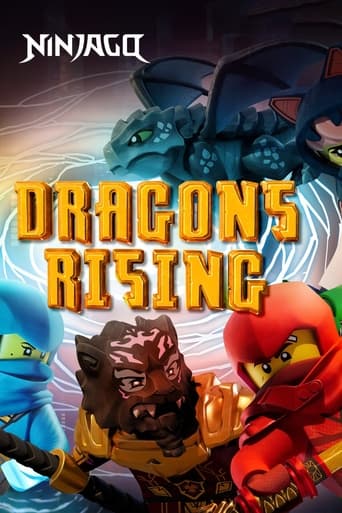
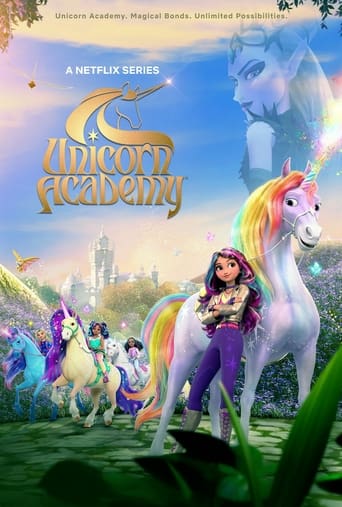
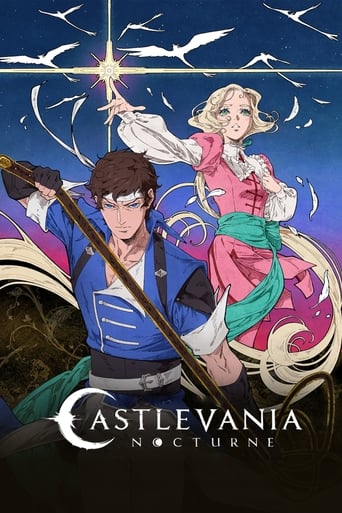


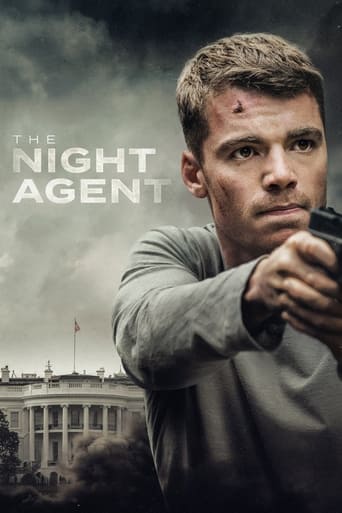
Youth
A group of performing art troupe members each face their own trials and tribulations in Chengdu; from escaping a family scandal to dealing with unrequited love, each experiences rejection that shapes their lives.